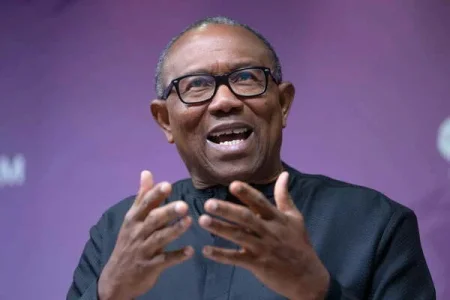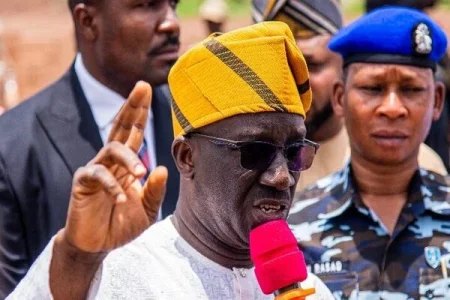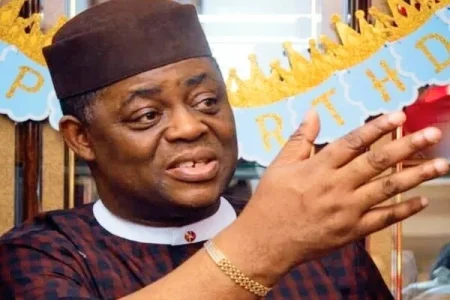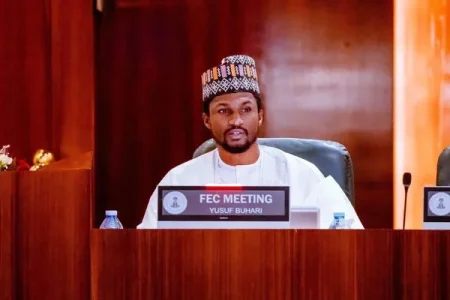
Peter Obi, Labour Party's 2023 presidential candidate, critiques Nigeria's democracy, labeling it as state capture. He highlights issues like systemic corruption, insecurity, and poverty, urging Nigerians to reflect on these challenges as the country marks 25 years of democracy and to strive for true democratic values.
Peter Obi, the presidential candidate of the Labour Party in the 2023 elections, has delivered a scathing critique of Nigeria's democratic progress. As the nation marks 25 years since its return to democratic rule, Obi argued that what should be a time of reflection and celebration is instead a moment to acknowledge severe shortcomings.
Speaking at a recent press conference, Obi declared, “Democracy has become a deprivation to the people instead of benefiting them.” He urged Nigerians to reflect deeply on whether the country has truly embodied democratic principles. “An unexamined life is not worth living,” Obi said, calling for a reassessment of Nigeria’s democratic journey over the past quarter-century.
Obi described the current state of Nigeria as “a classical state capture,” where democracy no longer serves its intended purpose. He emphasized that despite starting on the right path in 1999, the nation has deteriorated into a system that deprives rather than benefits its citizens. This, he contended, has resulted in significant leadership failures, systemic corruption, and widespread insecurity.
“True democracy should be people-oriented,” Obi asserted. He highlighted the stark contrast between ideal democratic governance—where citizens' rights are respected, laws are upheld, and leaders are accountable—and Nigeria’s current reality. According to Obi, the adverse effects of Nigeria's flawed democracy include rampant corruption, high levels of insecurity, suppression of free speech, escalating poverty, and severe hunger.
To underscore his points, Obi presented several damning statistics. Nigeria's democracy index score of 4.23 places it low on the Global Democracy Index. The country ranks 145th out of 180 on the Corruption Perception Index, indicating pervasive corruption. Additionally, Nigeria is ranked 120th out of 142 in the World Justice Project's Rule of Law Index, reflecting significant issues with law enforcement and judicial integrity.
Journalistic freedom is also under threat, with Nigeria ranked 112th out of 180 countries on the World Press Freedom Index by Reporters Without Borders. This alarming ranking signifies the dangers faced by journalists in Nigeria, who are frequently monitored, attacked, and arbitrarily arrested. Furthermore, Nigeria's position at 109th out of 125 on the Global Hunger Index starkly illustrates the nation’s struggle with food insecurity.
Obi called on Nigerians to use the June 12 Democracy Day commemoration as a catalyst for returning to true democratic values. He urged citizens and leaders alike to respect democratic institutions, adhere to the law, and ensure accountability and good governance.
“As we build a New Nigeria, these tenets shall be the pillars of our true democracy. It is possible,” Obi concluded, offering a vision of hope amid his critical assessment.




